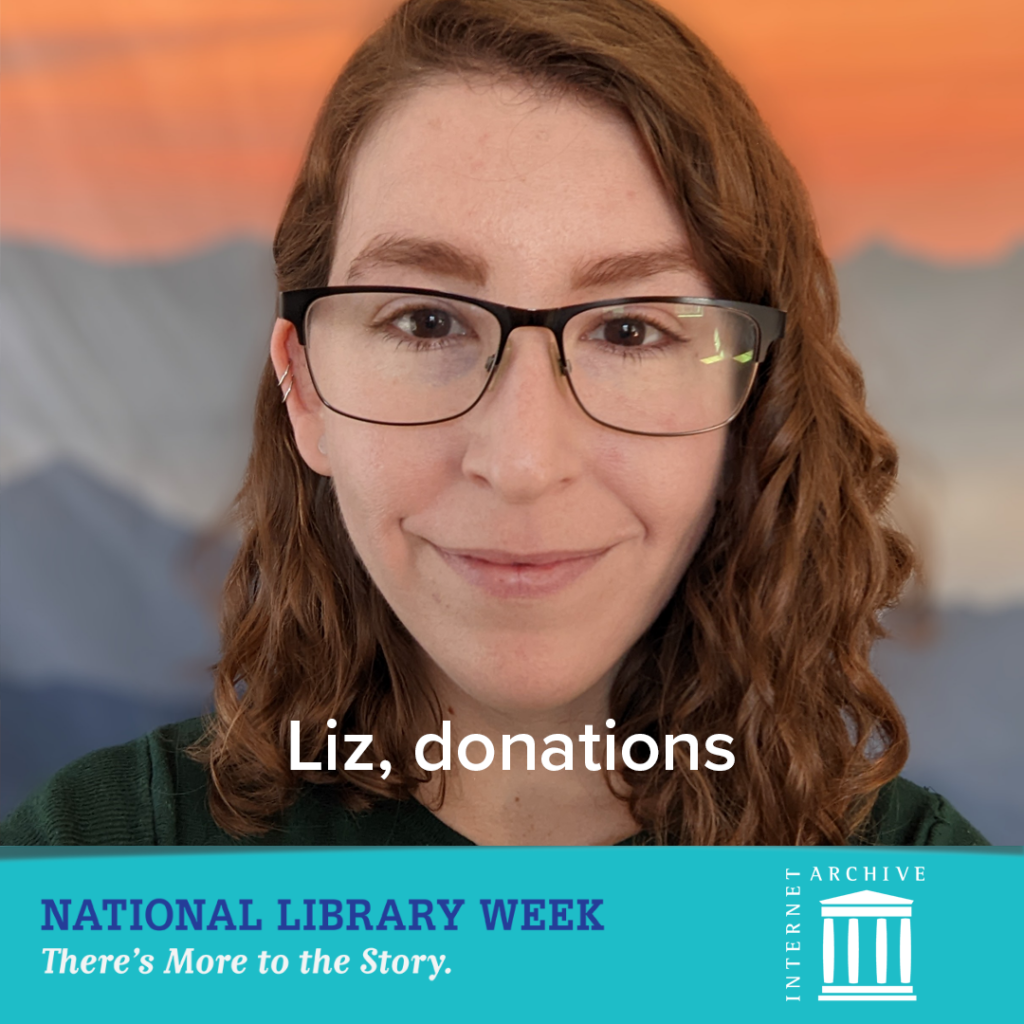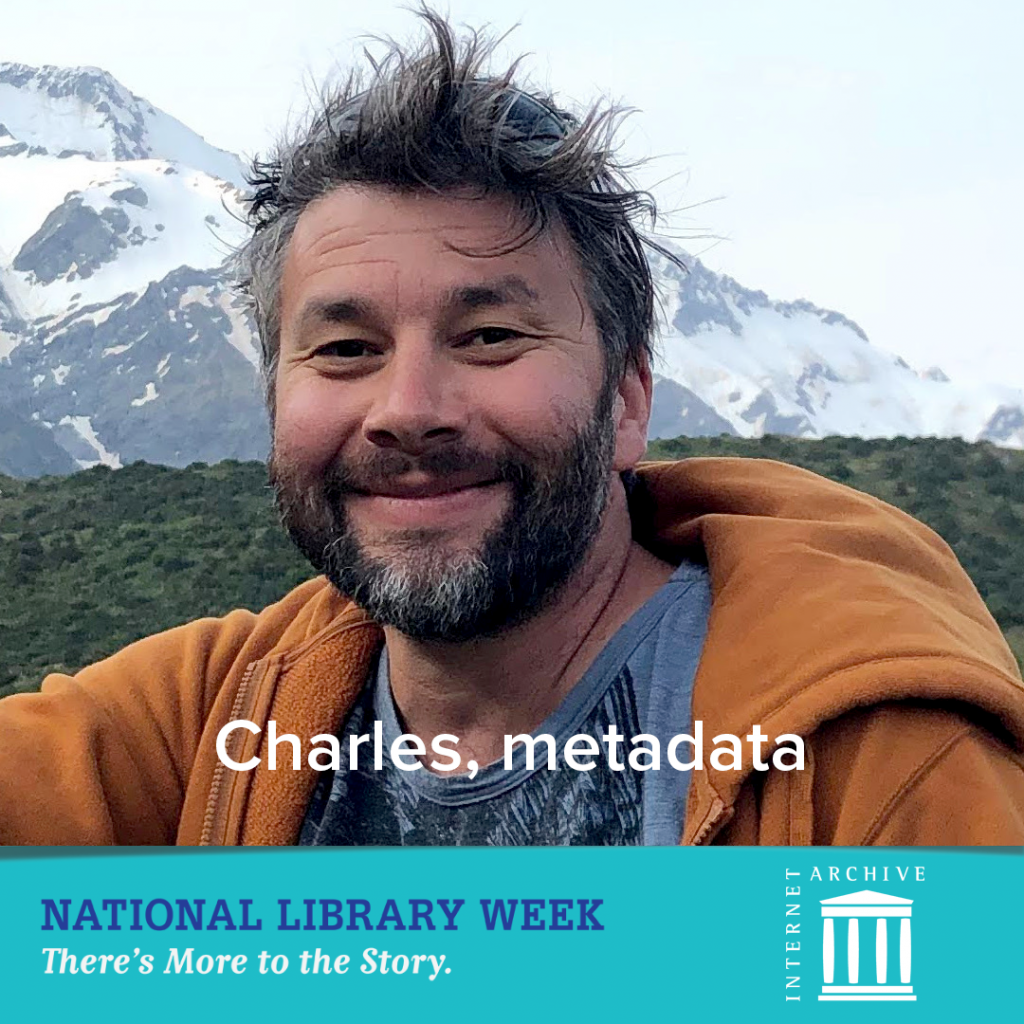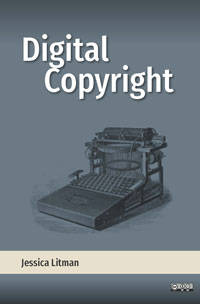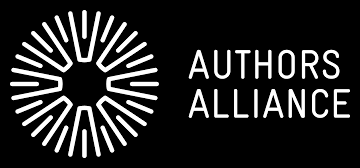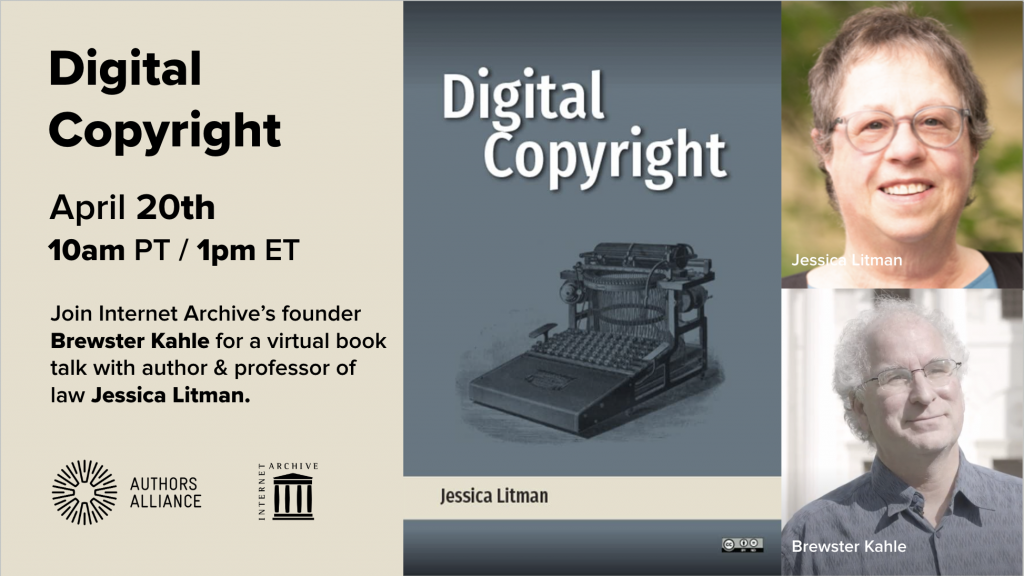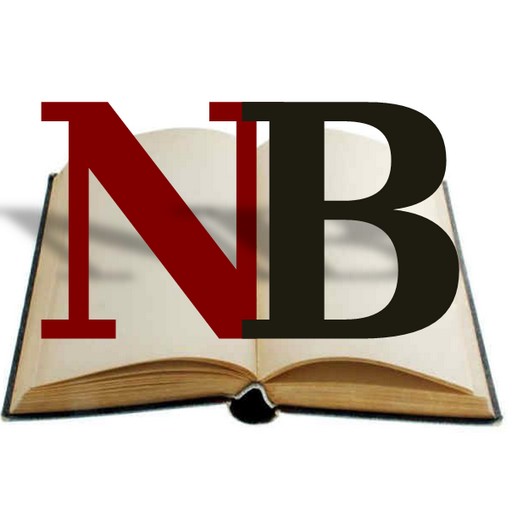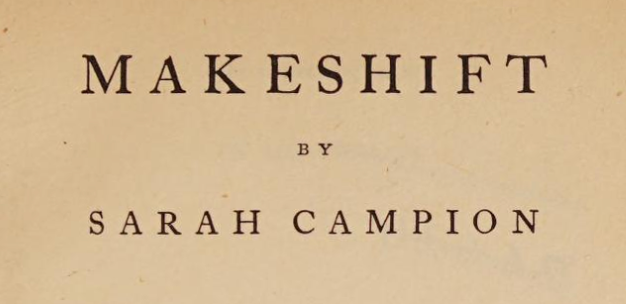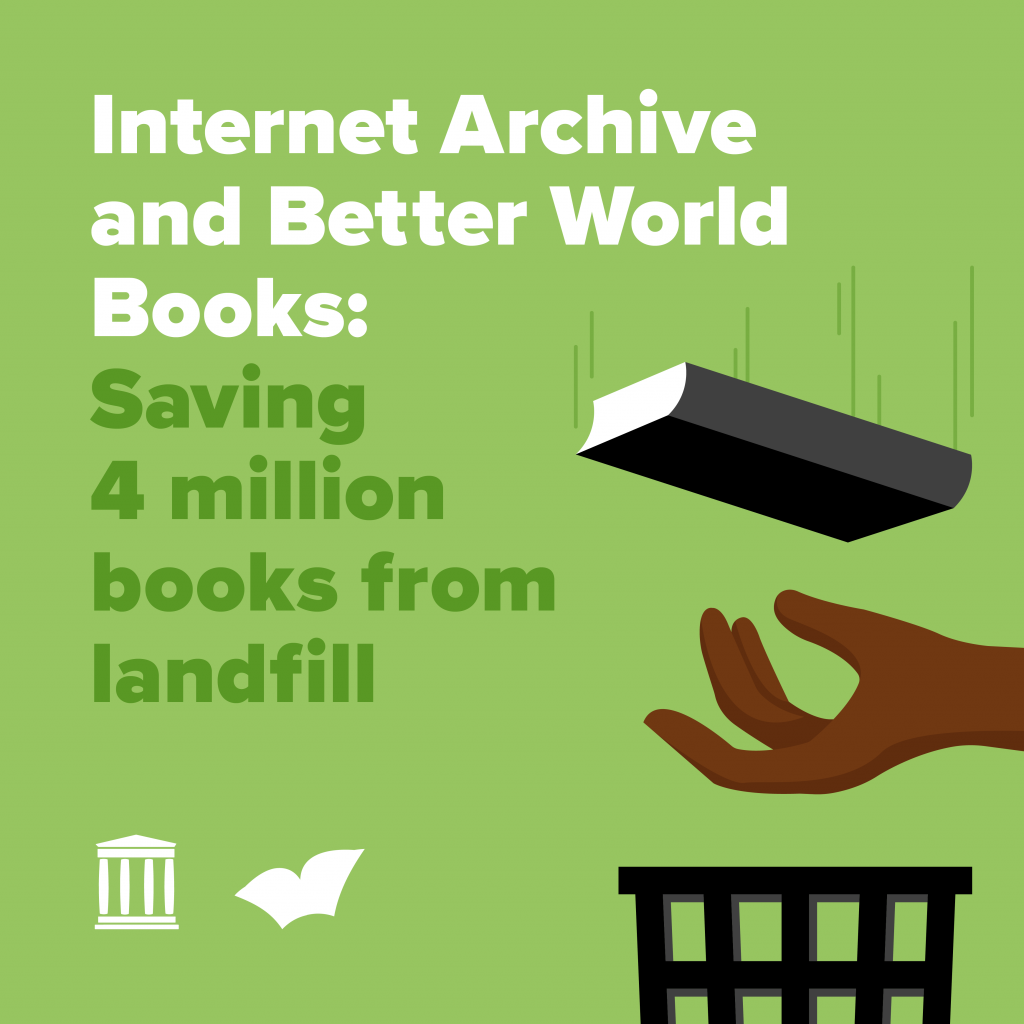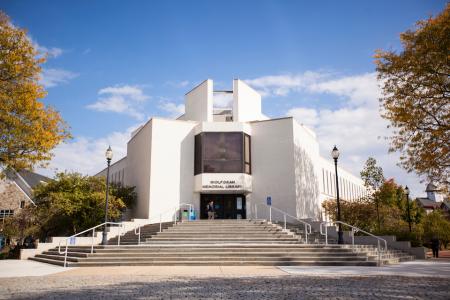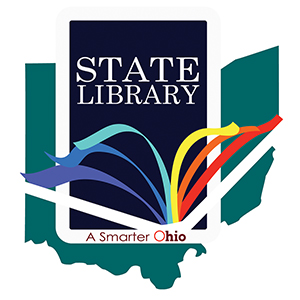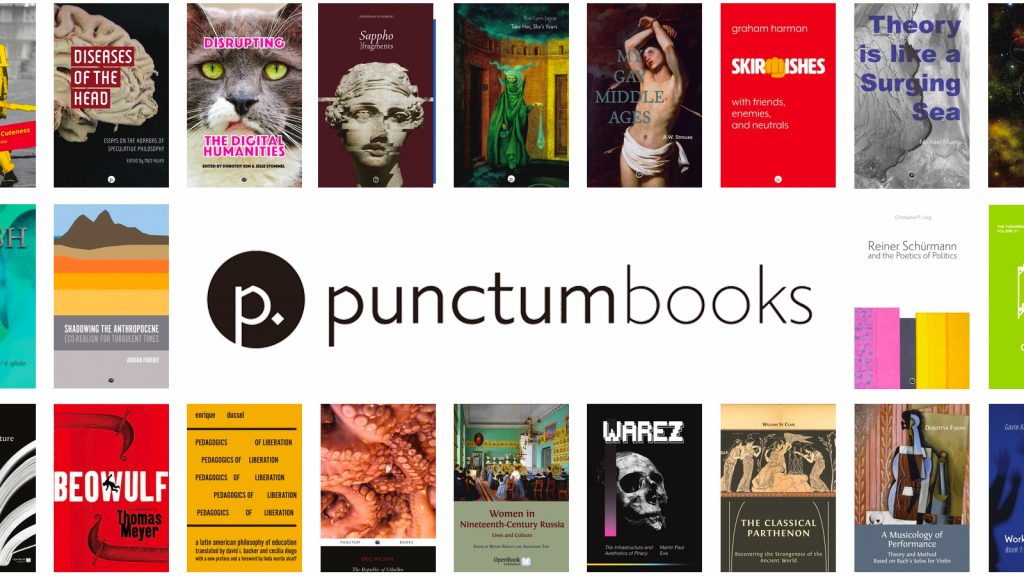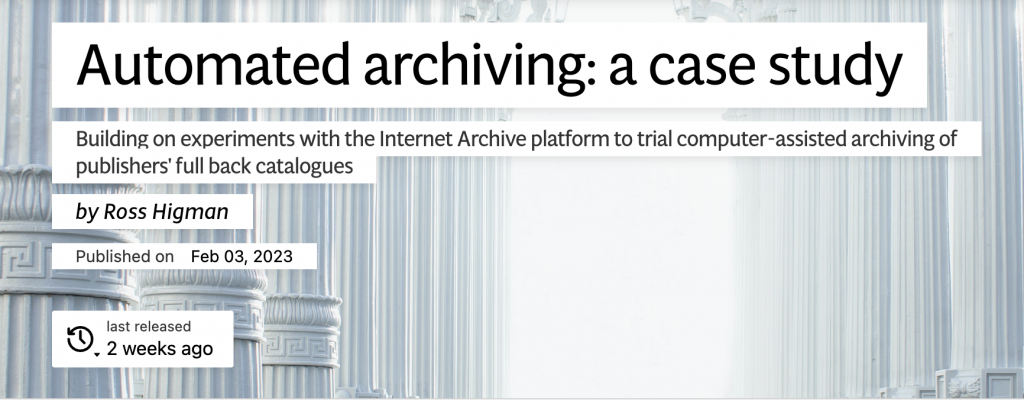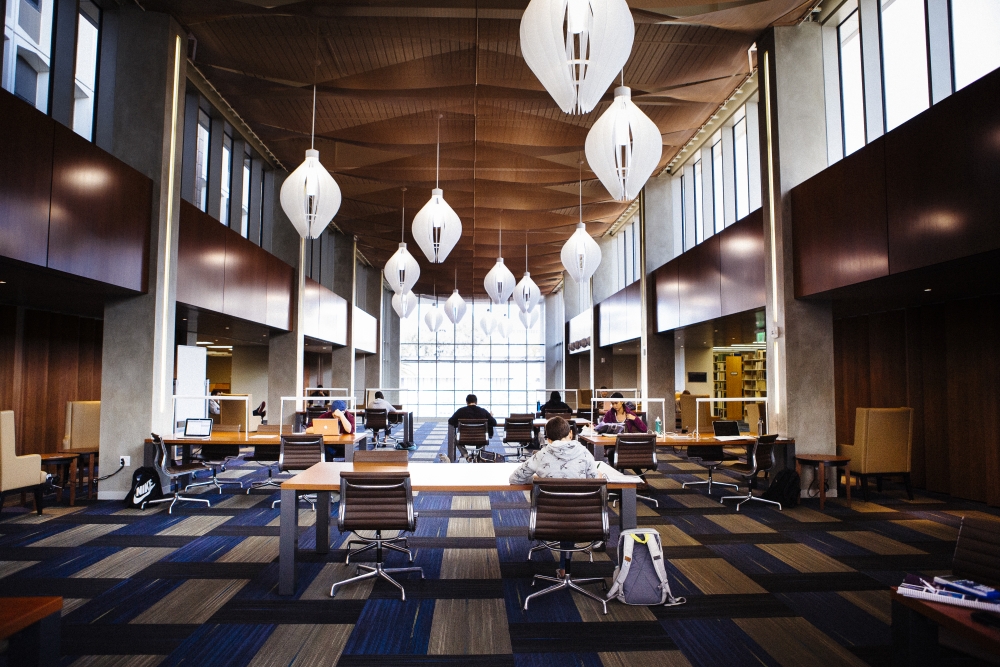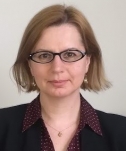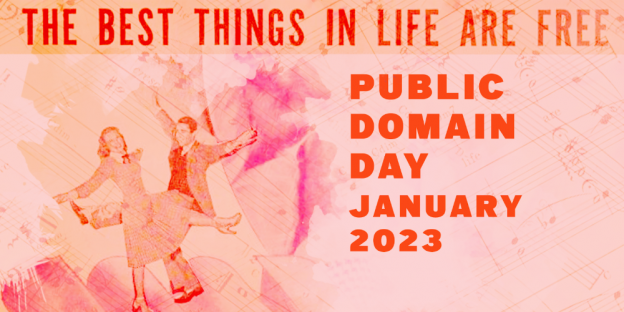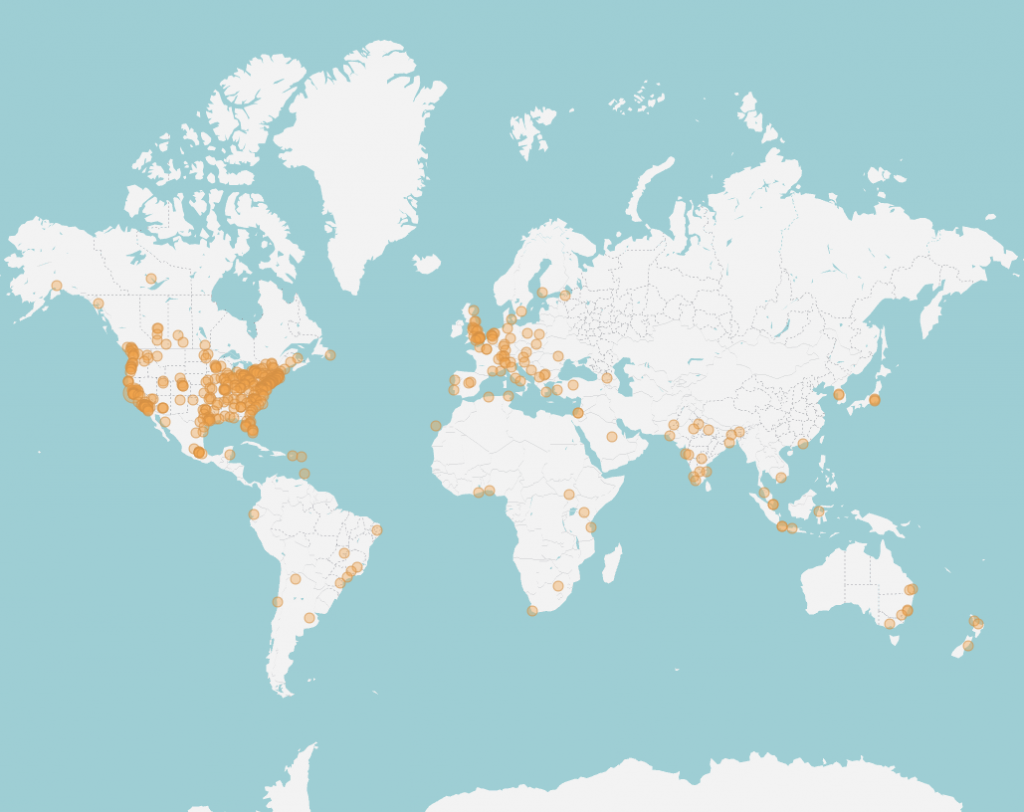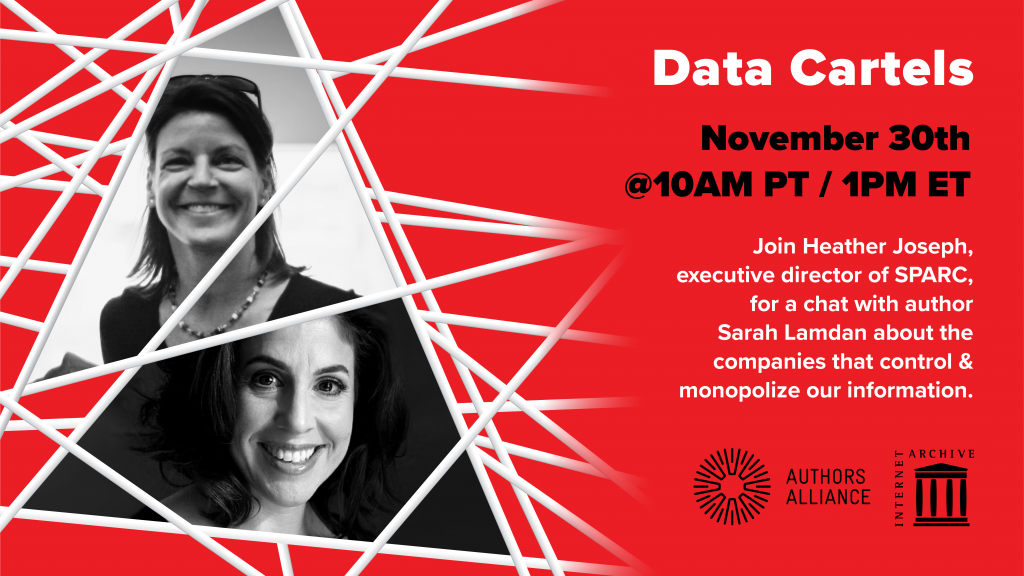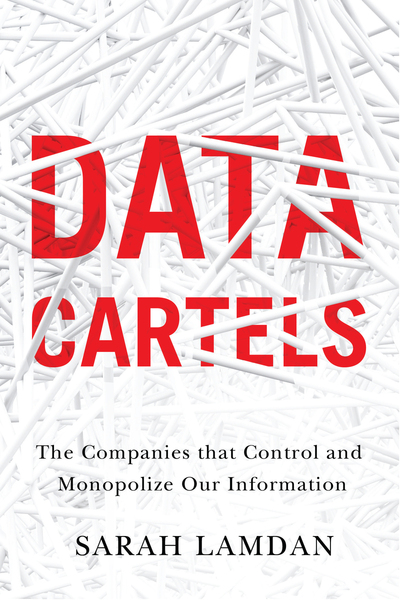To celebrate National Library Week 2023, we are introducing readers to four staff members who work behind the scenes at the Internet Archive, helping connect patrons with our collections, services and programs.
Liz Rosenberg first worked with the Internet Archive in the early days of the Great 78 Project. She helped design the digitization workflow of 78rpm records and estimates transferring 30,000 sides of records herself.
The self-described “record lady,” Rosenberg said the project was the perfect entrée to the organization. She graduated from Drexel University with a degree in music industry technology, with a specialty in audio recording and production.
In 2020, Rosenberg was officially hired by the Internet Archive in patron services and later asked to lead the organization’s physical donation program. She continues with the Great 78 Project, overseeing monthly uploads, resolving metadata issues and coordinating digitization of donated collections with partners at George Blood LP.
“The Internet Archive is a place that I had always dreamed of working,” Rosenberg said. “I really looked up to the mission of the Internet Archives so when the opportunity came up to work for them directly, I couldn’t have said yes faster.”
As donations manager, Rosenberg receives inquiries from individuals and librarians about donating their physical media to the Internet Archive for preservation and digitization, from single items to collections of millions of objects. She has overseen the donations of small folk music collections, individual collectors’ passion projects, and college libraries including Bowling Green State University and the University of Hawaii.
The individual collector contributions often are triggered by the death of a loved one. “Those tend to be sensitive situations for families,” she said. “But they are grateful to almost be able to spend time with them through the preservation of their collection and be able to go and visit whenever they want. That’s very special.”
Rosenberg keeps a “warm and fuzzy thank you file” on her computer from donors that she said keeps her motivated to encourage others to share their collections, like the message below:
Dear Liz,
You are amazing! Thank you for your kind guidance and generous ways. Seeing the dedication today has brought a difficult and costly task of storing these books over such a long period of time to this heartfelt moment and for such a worthy cause. I am in the middle of grading portfolios and preparing for a solo art exhibition so, as usual, I need to juggle the books in between. I will be in touch soon but, again, I just wanted to let you know how wonderful you and your organization are 🙂
in kindest regard, Karen
What is the most rewarding part of your job?
For me, it’s really about preserving stories. I feel such a connection to donors that I work with when I get to hear the story of how a collection was created. We want to preserve those stories alongside the media itself. And that’s really such a privilege.
What has been your greatest achievement (so far) at the Internet Archive?
Presenting on behalf of the Internet Archive at the 2022 Association for Recorded Sound Collections Conference. A recording of the presentation, as given to the Internet Archive staff shortly after the conference, can be found on the Internet Archive here.
What’s your favorite item at the Internet Archive?
This transcription recording of a child playing accordion: https://archive.org/details/78_four-leaf-clover_sonny-walikis-and-his-squeeze-box_gbia0001730a. We transferred this record without knowing who the performer was or anything about their history. The family of Sonny Walikis actually found the recording in our collection shortly after their family member had passed away and reached out to tell us the history of the recordings. I always think of this record as the best example of why we preserve media – to connect people to lost stories and help memories live on.
What’s your favorite collection at the Internet Archive?
The 78rpm record collection! archive.org/details/georgeblood
What are you reading?
The Tower of Swallows by Andrzej Sapkowski
What is your secret talent?
Morphing into a children’s choir! I was a recording studio intern and we had children booked to sing the part but they got too distracted in the booth. So I sang all of the parts slowed down 10% and we sped them up to make me sound “child-like”. The results are one of my only vocal credits: https://www.youtube.com/watch?v=WlKhVhuTiik.
